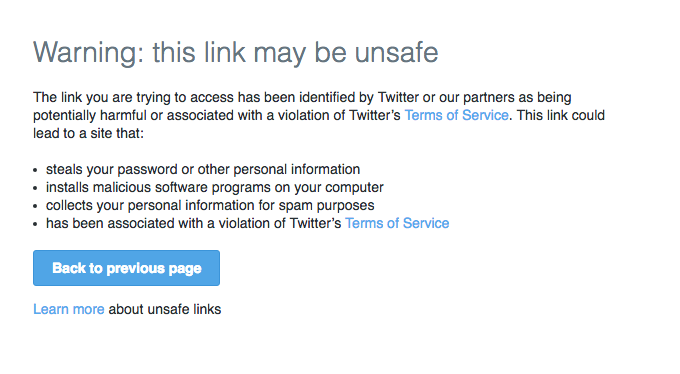Twitter's t.co Links: Utility and Underlying Security Concerns Highlighted by Recent Share

A recent tweet from user "Bags," featuring the https://t.co/mpzwIb5WDv link, underscores the pervasive role of Twitter's (now X's) proprietary t.co URL shortening service. This instance draws attention to the dual nature of these links, which serve critical platform functions while also raising user questions regarding transparency and security in the digital landscape.
Twitter automatically converts all URLs posted on its platform into t.co links, a practice initiated to manage character limits, gather valuable analytics on user engagement, and implement a foundational layer of security. This system allows the platform to track click-through rates and identify potentially malicious content before users are redirected to the final destination.
Despite these benefits, the inherent obscurity of shortened URLs can present challenges for users, fostering skepticism and concern about the true destination of a link. Cybersecurity experts note that threat actors can exploit URL shorteners, including t.co, to mask phishing attempts or redirect users to harmful sites, even with Twitter's built-in scanning mechanisms. Warnings like "this link may be unsafe" can appear, but user vigilance remains crucial.
The platform has continuously evolved its t.co service, including a shift to HTTPS-only for new links to enhance encryption and user protection. This measure helps secure the connection between the user and the intended website, reducing risks like eavesdropping. Furthermore, the centralized control over t.co links enables Twitter to revoke access to dangerous URLs if they are later identified as malicious, adding an extra layer of defense.
The widespread use of t.co links, exemplified by the share from "Bags," highlights an ongoing conversation between platform functionality and user trust. While essential for Twitter's operational efficiency and initial security screening, the nature of shortened URLs necessitates a continued focus on robust security protocols and clear communication to address user concerns in an increasingly complex online environment.